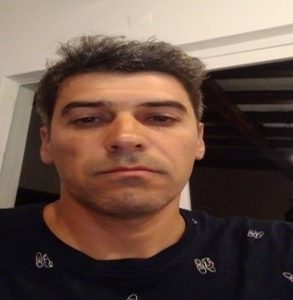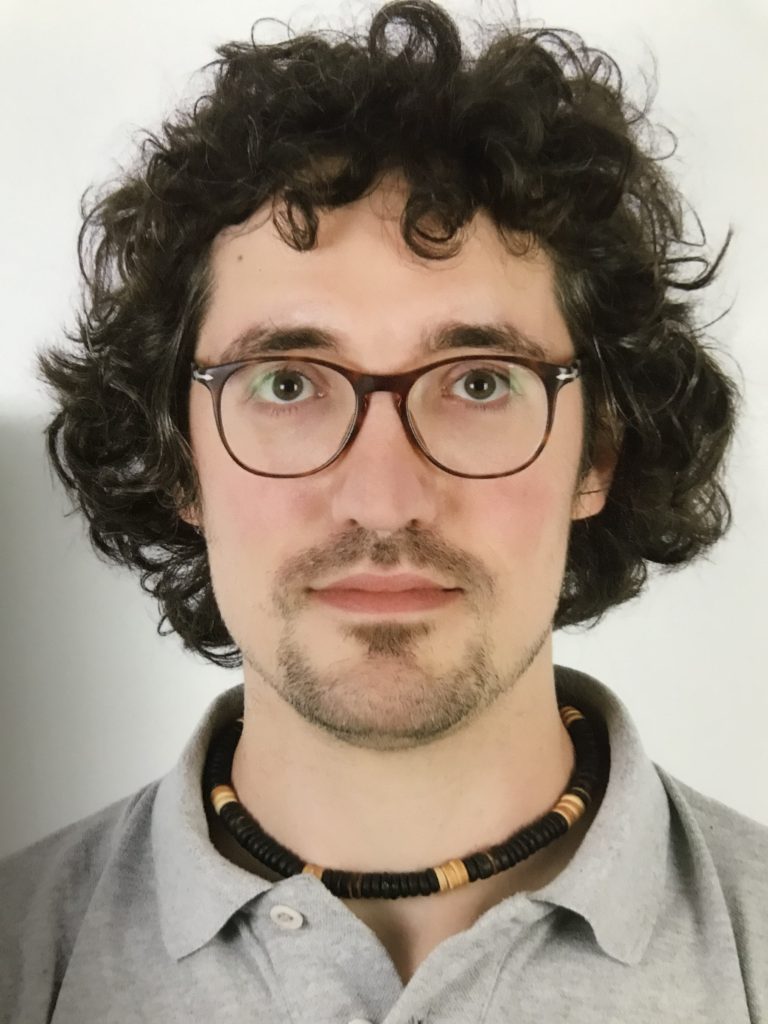
Ricardo Serra is currently a researcher in CEMMPRE, at department of Mechanical Engineering of University of Coimbra. Current work concerns the development of nano-structured thin films prepared by sputtering techniques, particularly using HiPIMS, for application in demanding tribological conditions. Has published more than 30 scientific articles in specialized per-reviewed magazines having in total 1405 citations in scopus. During his activity interacted with 46 collaborators as co-author of scientific work. The researcher participated in more than 20 international scientific events with oral presentation. Ricardo Serra was supervisor/co-supervisor of 3 master students and currently is co-supervisor of 1 PhD student. .

Dr. Ch Sateesh Kumar completed his PhD from National Institute of Technology, Rourkela. He worked as Visiting Assistant Professor in Thapar Institute of Engineering and Technology. Later he joined Advanced Materials Group at Czech Technical University, Prague as Postdoctoral Researcher. Also, he is working as Senior Research Associate in the Department of Mechanical & Industrial Technology, University of Johannesburg, His research interests include machining, surface modification techniques, coating deposition and characterization, and tribology. He has published 21 research articles in highly reputed journals and also presented his work in 7 renowned conferences. He has also extended his services as a reviewer in many reputed journals.

Dr. Filipe Fernandes obtained his Ph.D. in Mechanical Engineering, specializing in Production Technologies, from University of Coimbra in 2014. He is presently Junior Researcher and invited assistant professor at the mechanical engineering department of the University of Coimbra. Additionally, he integrated the body researcher group of IPN – Instituto Pedro Nunes, where he collaborated in the planning, preparation and submission of project proposals to different funding entities. His current interests are devoted to the Surface Engineering field. He published 34 papers in international peer review journals, 2 in technical journals and participated in several conferences, 2/2 as invited /keynote speaker. He supervised 1 PhD student and 8 Master students, 5 from the international Master’s in tribology; and currently is co-supervising more 2 PhD students. He participated in several national and European research projects; he is currently the PI of the SMARTLUB and MCTool21 projects at the University of Coimbra.

Dr. Fábio Ferreira is a researcher in the CEMMPRE Laboratory, Department of Mechanical Engineering, the University of Coimbra. During his PhD Fábio Ferreira started to work in a new domain, the deposition of thin films by High Power Impulse Magnetron Sputtering (HiPIMS). Fábio Ferreira worked on several research projects. During his career, Fábio Ferreira published 15 papers in international journals in the area of Materials Science, 8 of which with Q1 classification in Materials Science. The researcher has an h-index of 11 and 252 citations in Google Scholar. The researcher participated in 29 national and international scientific events being a speaker in 1 keynote, 17 oral presentations, and 11 posters. Fábio Ferreira is co-supervisor/supervisor of 6 Master students (4 concluded), 2 PhD students and 1 Post-Doc. Additionally, Fábio Ferreira was projects reviewer for the National Innovation Agency (ANI – Materials Engineering and Mechanical Engineering panels).

Dr. Veniero Lenzi obtained his PhD in physics at the university of Minho in 2020, working on multiscale modeling and simulation of polymer melts and polyurethane precursors. Currently, he is a junior researcher in the computational and theoretical physics group in the same university. He is an expert in quantum (density functional theory) and classical (molecular dynamics) simulations, which he employs to parametrize novel forcefields to enable the large-scale of complex systems. At the moment he is working on the simulation of self-lubricating thin films to understand the diffusion mechanisms of the lubricating species, and he is interested in the application of machine-learning based methods to this problem.
